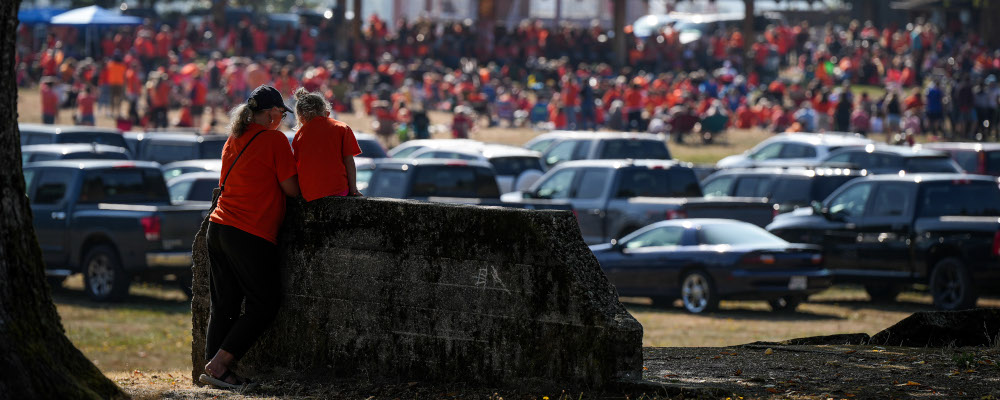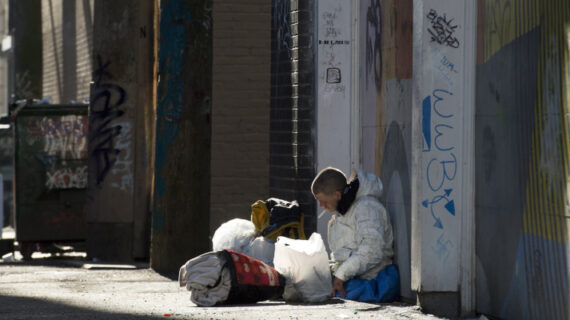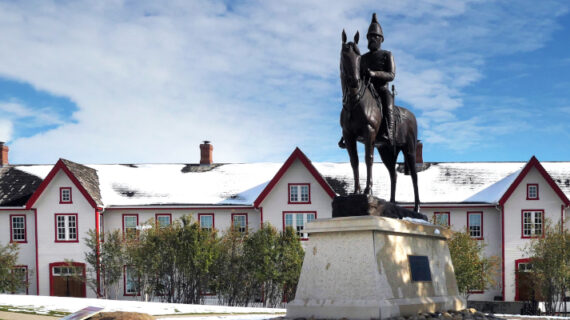There has long been a discernible imbalance in the portrayal of Indigenous issues by the Canadian media. Historically, numerous media outlets have displayed tendencies of misrepresentation, constrained their range of sources, and showcased a limited array of perspectives. This skewed representation not only reflects inherent biases but also underscores the significant power media wields in moulding public sentiment, framing critical narratives, and steering societal dialogues.
The Truth and Reconciliation Commission (TRC) determined that the media has historically perpetuated stereotypes and misconceptions about Indigenous peoples. In its 2015 concluding report, the TRC highlighted the importance of the media’s duty to provide accurate and unbiased information concerning Indigenous peoples. It also underscored the media’s obligation to cater to the needs and interests of all Canadians and emphasized the need for the media to accurately represent the distinct circumstances and realities of Indigenous peoples.
The industry has since made advancement in its representation of Indigenous peoples, but challenges remain, especially as it relates to reporting on the residential schools experience. At the core, a long-standing humanitarian crisis has been relegated to a political spectacle. There are instances where left-leaning sources may overstate realities, while their right-wing counterparts downplay them, calling for definitive evidence and critiquing terminologies.
This approach, regardless of political ideology, is counterproductive. It undermines the severity of this troubling policy that was implemented and enforced for more than 100 years, from 1884 to 1996. The government’s interference in determining what is best for our children had disastrous and fatal outcomes, the impacts of which have affected families for generations.
I can appreciate how for some this reality would be hard to digest, how it leads to a state of disbelief. Every time I come across an essay that exaggerates findings or challenges the validity testimonial, I’m reminded of a conversation that I had with my maternal grandfather over 20 years ago when the residential school matter was before the court. My Pepere, a proud Franco-Ontarian and devout Roman Catholic, challenged me about the validity of my contributions to our discussions. I had been following the court case closely, he had been reading about it in the newspapers.
His outburst surprised me. And while he has long passed and I’ll never have the opportunity to revisit that moment with him in a different and much more modern context, I have concluded that these accusations were likely in stark contrast to his deeply-held beliefs. How could he reconcile that the church and state, integral to his identity, had caused such significant damage and loss?

Media’s role in shaping perceptions is undeniable. In the 20 years following my memorable conversation with my grandfather, the quality of journalistic reporting on this subject has markedly improved. I’ve observed that even the most stringent critics have shifted their positions in recent years. As more undeniable evidence emerges, it has become difficult for them to overlook or dismiss it.
But there remains room for improvement.
As we mark the third National Day for Truth and Reconciliation, it is imperative for the media to commit to continually reassessing their strategies in reporting on Indigenous-related matters. A legacy of bias, underreporting, or complete silence necessitates it. And in its place, it would be ideal to see better accuracy, and perhaps, a greater degree of curiosity.




